Screen Recording Music, Movies, YouTube, Netflix, TikTok: Legal or Illegal?
 Kistent Waung
Kistent Waung
Updated on
Summary: Is it legal to screen record shows, music, or videos from platforms like YouTube, Netflix, and TikTok? This post dives into the legal gray areas surrounding screen recording for personal use. Drawing on Reddit discussions and real user concerns, it explores what’s allowed, what could get you into trouble.
Have you ever wondered if screen recording your favorite shows, movies, or music is legal? The rise of streaming platforms like YouTube, Netflix, and TikTok has made it easier than ever to access content. But the question remains: Can you legally capture and keep these digital assets for personal use? Reddit forums are filled with discussions on this topic, with users sharing their experiences and seeking advice. Some believe that screen recording is a harmless way to enjoy content, while others fear legal repercussions. In this post, explore the complexities of screen recording and the potential legal implications.
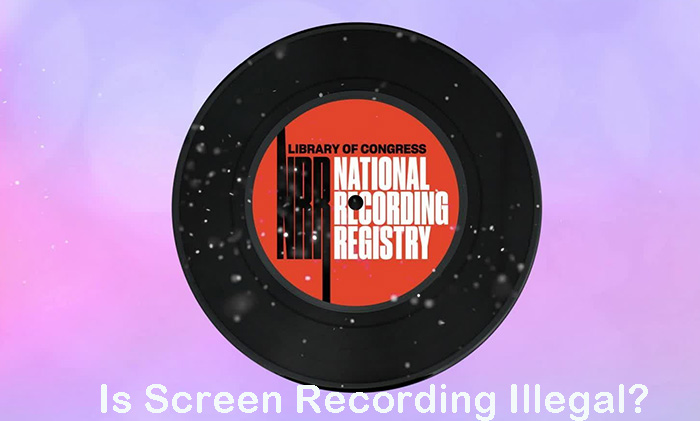
Is Screen Recording Illegal? Legal Considerations
1. Recording Copyrighted Music
Recording copyrighted music without permission is generally considered copyright infringement. However, the fair use doctrine may provide a limited exception for non-commercial purposes like criticism, comment, news reporting, teaching, scholarship, or research. Factors such as the amount of the copyrighted work used, the nature of the use, and the effect on the potential market for the original work are carefully considered.
While recording music for personal enjoyment without sharing it with others may not constitute copyright infringement, creating a parody or satire of a copyrighted song or using a small portion of a copyrighted song for educational purposes might qualify for fair use protection.
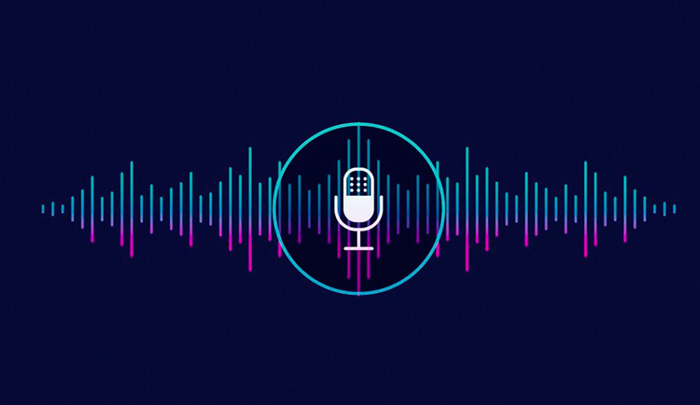
2. Recording Copyrighted Movies
Similar to music, recording copyrighted movies without authorization is typically considered copyright infringement. The fair use doctrine may apply in certain cases, such as for educational purposes or to create parodies or satires.
However, the specific circumstances and factors are carefully evaluated. Recording a movie for personal viewing at home may not be considered copyright infringement, but creating a short clip from a movie for educational purposes or using a small portion of a movie in a non-commercial video essay could potentially be considered fair use.
3. Recording Copyrighted Content from YouTube, Netflix, and TikTok
These platforms often have strict terms of service that prohibit screen recording and redistribution of their content without permission. While there may be limited exceptions for personal use or fair dealing, it's crucial to review the specific terms and conditions of each platform.
Recording a video from YouTube for personal viewing might not be considered copyright infringement, but sharing it with others could be. Creating a reaction video to a Netflix show may not be considered copyright infringement if it's transformative and doesn't compete with the original work. Recording a TikTok video for personal use is generally allowed, but sharing it commercially or using it in a derivative work might violate the platform's terms of service.
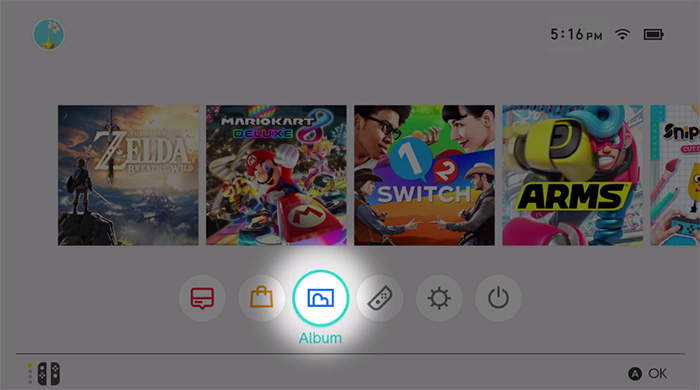
4. Specific Terms Of Service And Usage Policies
Each platform has its own unique terms of service that govern user conduct and content use. Carefully reading and understanding these policies is crucial to avoid legal issues. Platforms may prohibit screen recording or redistribution of their content without permission. Terms of service may vary between platforms and may be updated periodically. Violating the terms of service can lead to account suspension or other legal consequences.
5. Derivative Works and Transformative Use
Derivative works are new works created based on existing copyrighted material. The fair use doctrine may protect transformative uses that significantly alter or add to the original work. Factors such as the purpose and character of the use, the nature of the copyrighted work, the amount and substantiality of the portion used, and the effect of the use on the potential market for the original work are evaluated.
Creating a parody or satire of a copyrighted work may qualify for fair use protection. Using a copyrighted work as a source material for a new, original work could potentially be considered fair use. Creating a remix or mashup of copyrighted works may be subject to copyright infringement unless it is sufficiently transformative.
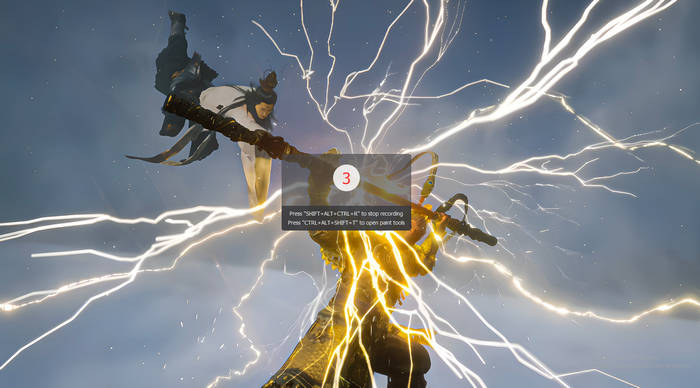
Legal Alternatives to Screen Recording
Permission-based recording. One of the most straightforward ways to legally record content is to obtain explicit permission from the copyright holder. This could involve reaching out to the content creator, production company, or rights management organization to request permission to record and distribute their work. While this may require additional effort and negotiation, it ensures that you have the necessary legal rights to use the recorded content.
Time-shifting and fair use exceptions. In certain circumstances, the fair use doctrine may allow for limited recording of copyrighted material for personal use. This is often referred to as "time-shifting," which involves recording a broadcast for later viewing. However, the specific requirements for fair use can vary depending on the jurisdiction and the nature of the content. It's important to consult with legal counsel or review relevant copyright laws to determine if time-shifting applies to your specific situation.
Public domain content and creative commons licenses. Public domain content is material that is no longer protected by copyright and can be used freely without permission. This includes works that have expired or never had copyright protection. Creative Commons licenses are a set of copyright licenses that allow creators to specify the terms under which their work can be used, modified, and distributed. By seeking out public domain content or content licensed under Creative Commons, you can legally use and record it without obtaining additional permission.
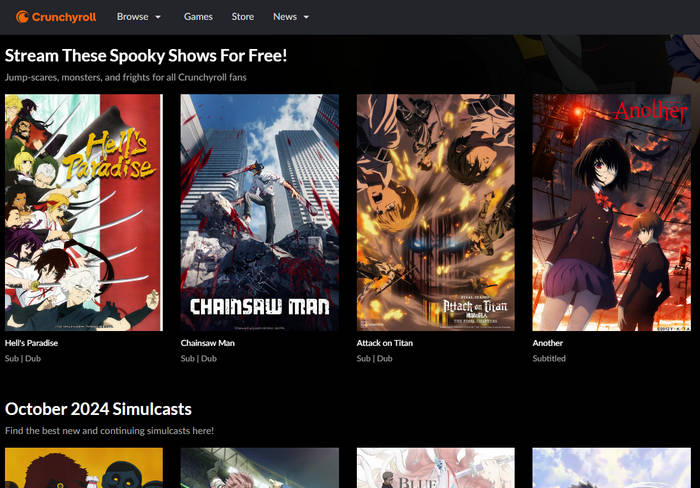
Use Legal Screen Recorder - Winxvideo AI
Winxvideo AI is a powerful tool that makes screen recording on Windows 10/11 and MacBook/iMac a breeze. With its comprehensive recording modes, you can capture everything from your screen, webcam, or both, and choose to include system audio, microphone sound, or both. Enjoy crystal-clear recordings in resolutions ranging from 720p to 4K 2160p, ensuring your files look their best.
But that's not all. Winxvideo AI offers a variety of features to enhance your recording experience. The built-in drawing feature allows you to annotate and highlight key points during your recording, while the Chroma key feature enables you to create professional-looking videos with virtual backgrounds. Additionally, you can compress and convert your recordings, adjust parameters to suit your needs, and even enhance the quality of your videos with AI-powered tools.
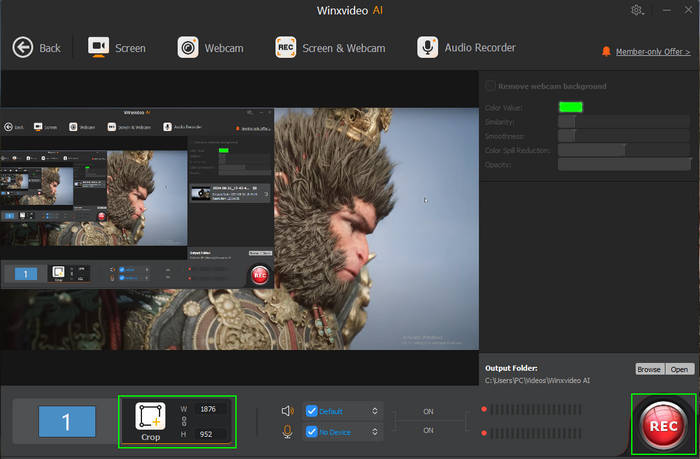
FAQs about "Is Screen Recording Illegal"
1. Is it legal to record my computer screen?
While it's generally legal to record your own computer screen, there are exceptions. It's illegal to record copyrighted material without permission. For example, recording a copyrighted movie or TV show without authorization could lead to copyright infringement.
2. Can I record a movie on my computer screen?
No, you cannot record a copyrighted movie on your computer screen without permission. Doing so could be considered copyright infringement, which can result in legal consequences such as fines or lawsuits.
3. Is it legal to record a YouTube video?
It depends. While YouTube's terms of service prohibit screen recording and redistribution of their content without permission, there may be limited exceptions for personal use or fair dealing. However, it's always best to check YouTube's specific guidelines and policies.
4. Can I record a Zoom meeting?
Generally, you can record a Zoom meeting if you have permission from the meeting host or organizer. Check Zoom's terms of service for specific guidelines and requirements.
5. Can I record a Netflix show?
No, you cannot record a Netflix show without permission. Netflix's terms of service prohibit screen recording and redistribution of their content.
6. Can I record a TikTok video?
It depends. TikTok's terms of service prohibit screen recording and redistribution of their content without permission. However, there may be limited exceptions for personal use.


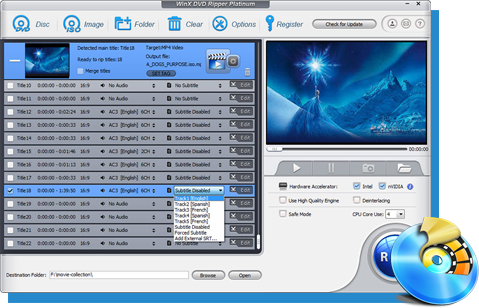
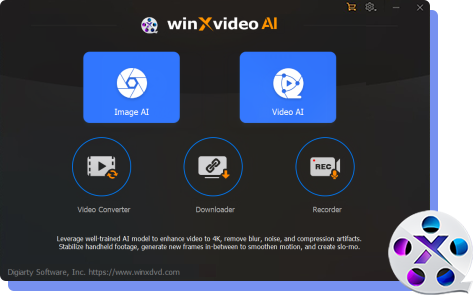
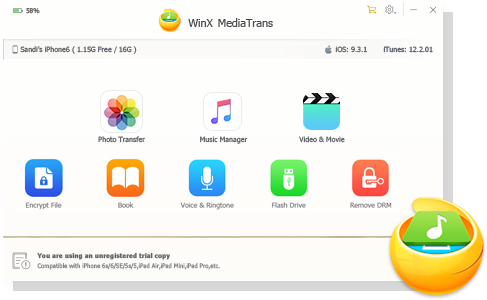











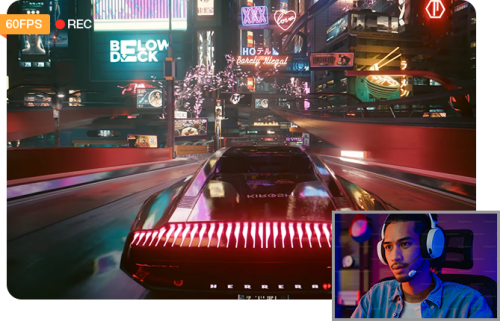
 Free Download
Free Download Free Download
Free Download
